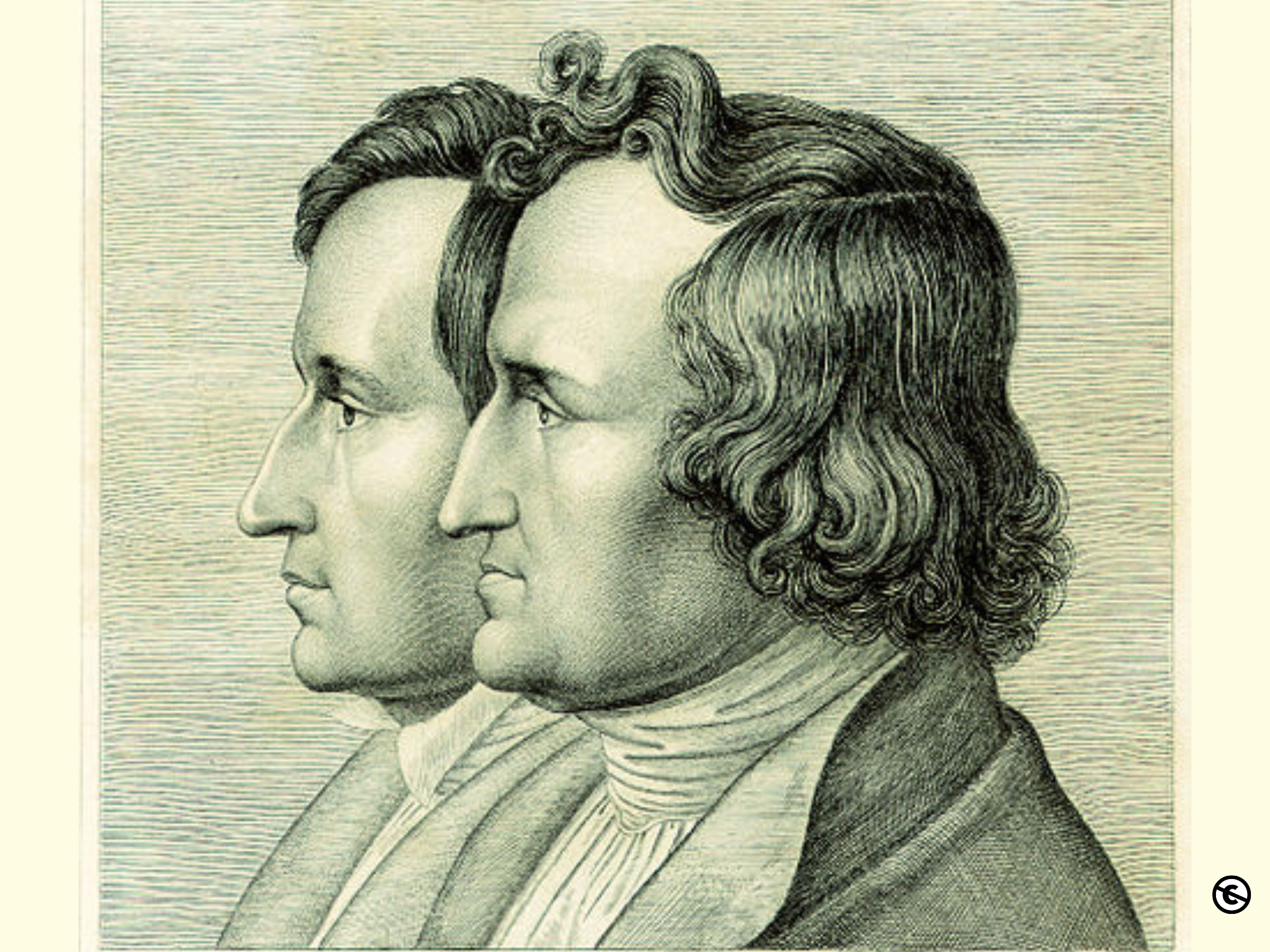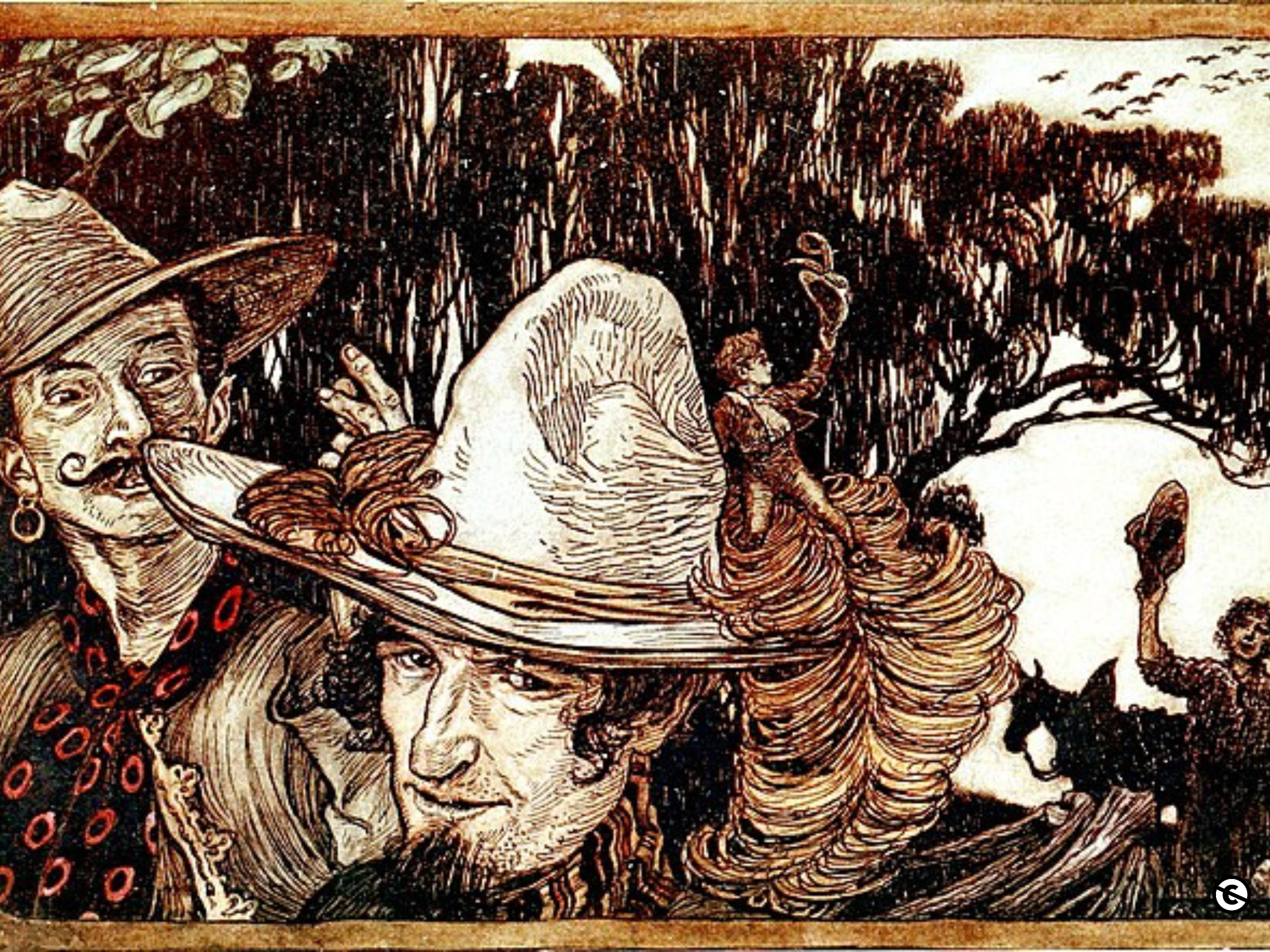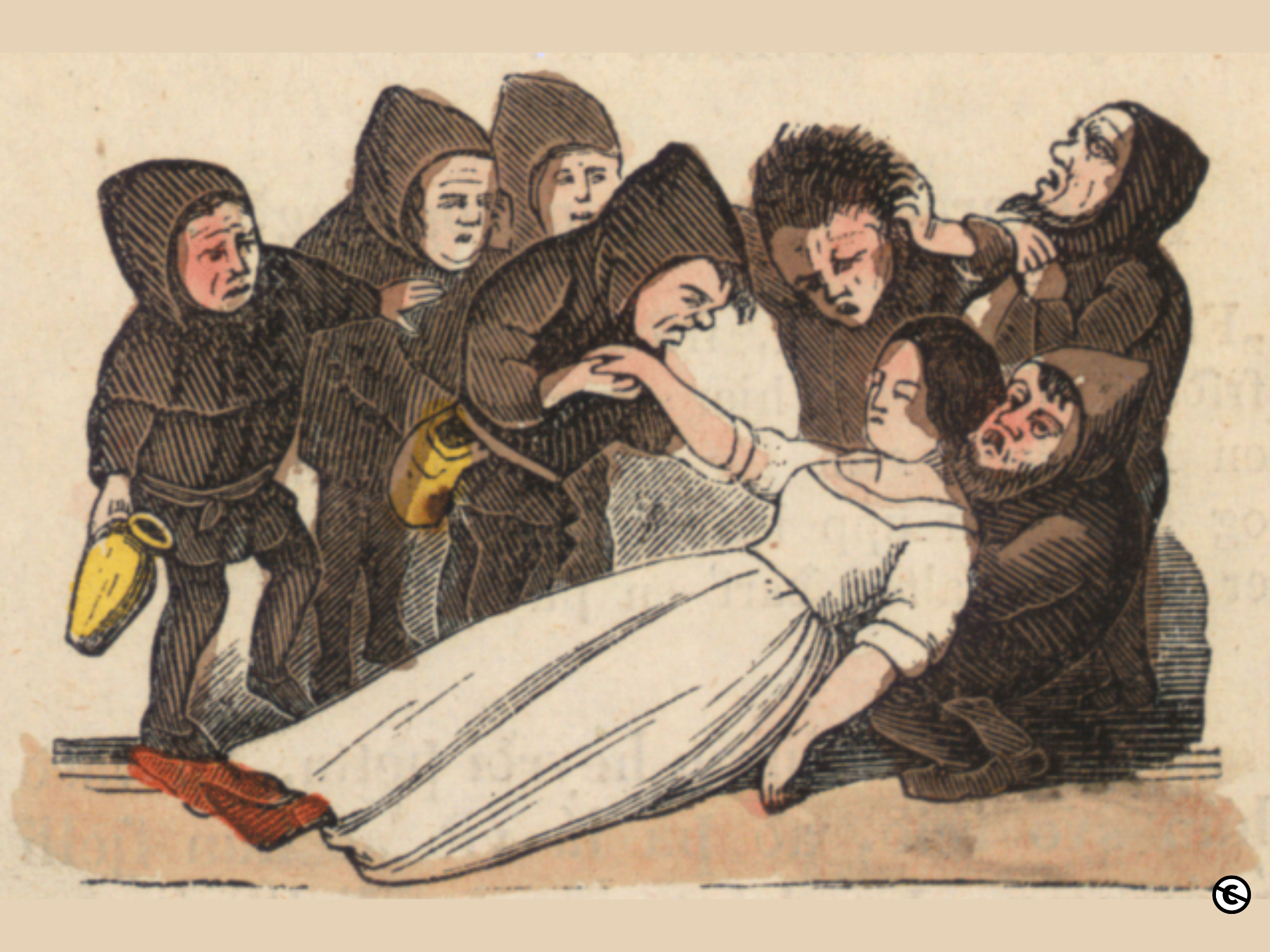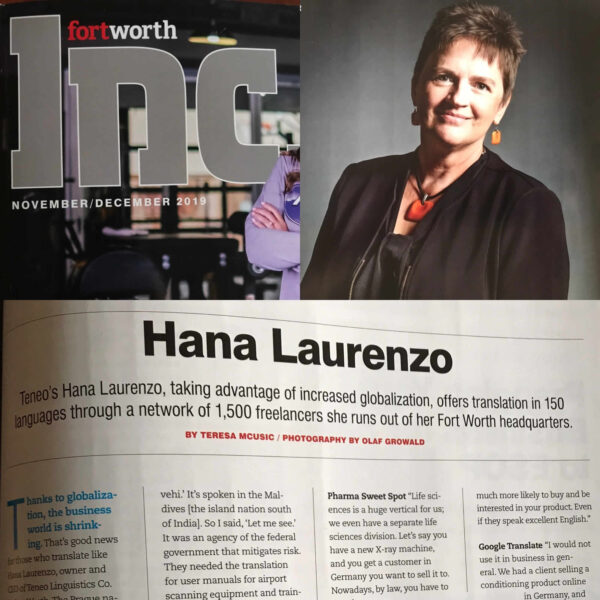How Grimm’s Law was significant to historical linguistics

Historical linguistics not only studies the history of languages, but also how languages change, and how they are related to one another. Jacob Grimm, of the Brothers Grimm, helped pave the way for historical linguistics.
The Brothers Grimm, born in 1785 and 1786, were German authors and academics who had passions for language and folklore. The two are considered among the most important German scholars of their time.

In 1816, Jacob and Wilhelm became librarians where they collected folklore and conducted literary research. The brothers had already begun writing their first collection of fairytales four years prior. Some of their more famous pieces include Cinderella, Snow White, Hansel and Gretel, Little Red Riding Hood, Rapunzel, and Rumpelstiltskin.

Between 1819 – 1837, Jacob began studying philosophy, working extensively on grammar. Jacob spoke for natural laws of sound change in various languages. He created bases for a method of research into relationships between languages and the development of meaning.
Jacob’s work on grammar had a huge influence on the study of linguistics. What resulted is known as Grimm’s Law or the First Germanic Sound Shift. This led to the creation of historical phonology as a separate discipline of historical linguistics. Grimm’s Law was a breakthrough in the science of linguistics.
In 1877, Karl Verner published Verner’s Law, a linguistic explanation of the exceptions to Grimm’s law. But Grimm’s Law first demonstrated the significant role that accent played in the linguistic change in Germanic languages.
Today, the most commonly studied areas of historical linguistics are:
• Etymology – the study of the reconstruction and origin of words.
• History tracing – recording the history of languages and grouping them into categories based on their similarities.
• Analyzing and describing multiple speech communities.
Grimm’s Law is important for historical linguistics because it demonstrates the principle that sound change is a regular phenomenon. It is not a random process affecting only some words, as had been thought previously.
To read more language blogs or learn more about Teneo Linguistics Company, visit www.tlctranslation.com.







